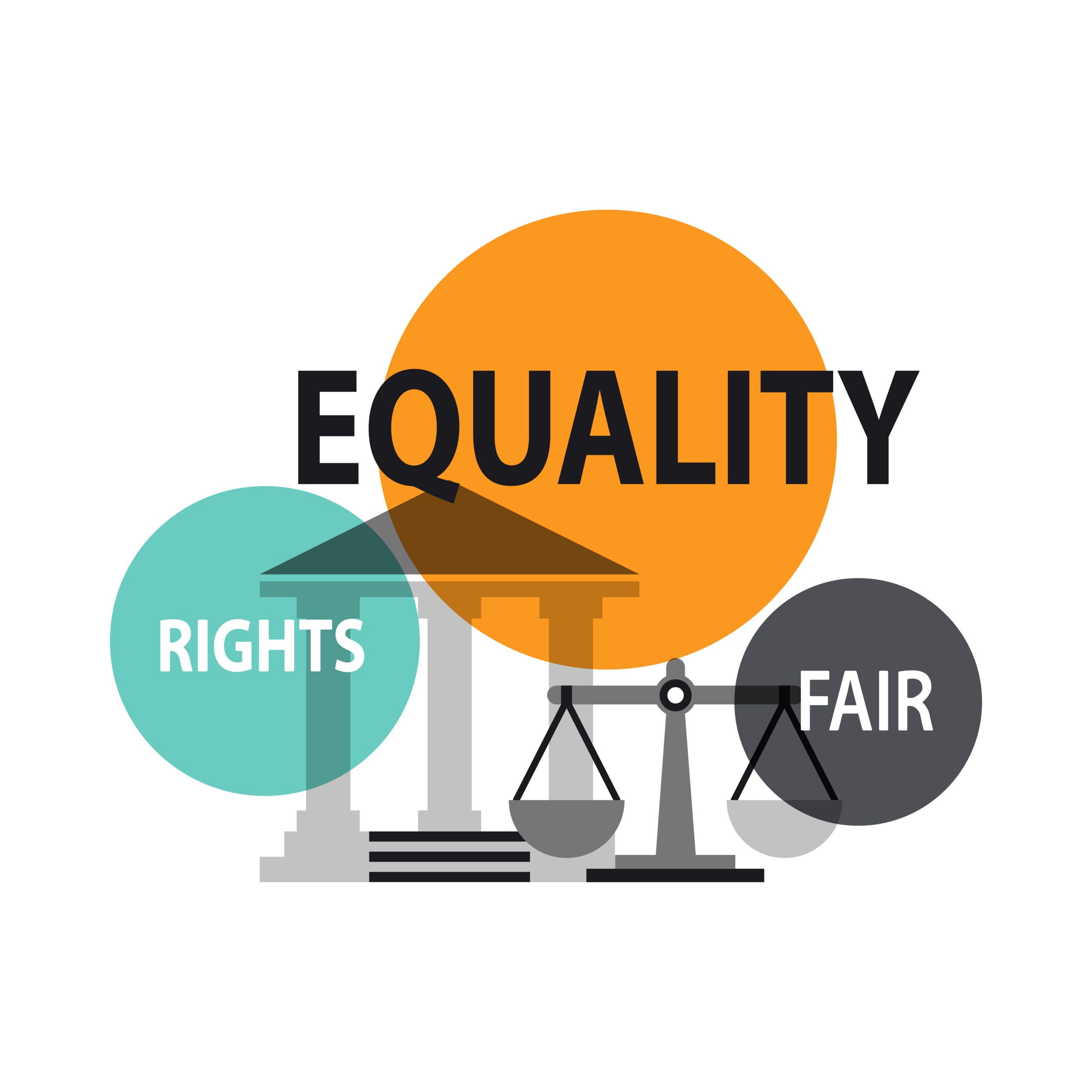By Elone Natumanya Ainebyoona
Across the world, development plans continue to be generated with focus on transforming people’s lives especially in the economic sense. Africa has the Agenda 2030, Europe has developed the Global Gateway, Asia has the Comprehensive Asia Plan 2.0 among other development co-operations by other continental blocks. Countries within the Regional Economic Communities (RECs) normally draft their national development plans based on these very broad plans and strategies. Surprisingly, with all these incredible development plans that largely follow the UN’s 2030 Agenda and heavy investment in institutional and financing plans, countries continue to suffer population pressure demanding for better services and good governance. The situation is even worse for countries with youthful populations, like in Africa and Asia where the bulge has more needs that what their Governments can provide. The levels of mistrust between Governments and their people continue to increase on a daily basis because of systemic failure to address existing governance challenges that affect service delivery for the people. Good governance simply means that Governments are able to put in place structure, systems and institutions that direct the management of resources that meets the needs of citizens equally and fairly.
In Africa, the need for good governance value systems that put emphasis on accountability and transparency continues to spur youth to outright demands and protests despite a growing trajectory of development. Kenya for instance has had its economy growing from 5.2% in 2023, up from 4.8% in 2022 as per the 2024 Africa Economic Outlook Report by the African Development Bank, however the underlying governance deficits like high levels of corruption and inequality have left the country dealing with riots from Gen-Zs every now and again. The 2024 Afro-Barometer Report on Africa Insights indicates that Africans more than ever desire democratic governance while calling for the need to strengthen integrity in local governments and official accountability. Quite often Governments want to rush to invest in new technologies, livelihood programmes and all other development strategies to improve service delivery. Whether intentionally or blindly, they forget that behind this lies a need to build strong systems that safeguard the ultimate delivery of services to citizens. Behind an exciting e-procurement system lies an official who will circumvent this system to unfairly award a contract. Behind a new hospital is a doctor or a nurse who will sell the drugs or ask for a bribe to treat patients in a public hospital. Worse still, when the effects of bad governance start to bite, everyone gets their fair share. A Government official who failed to ensure good road construction or health care system at local government levels because of corruption and impunity will suffer when they need an ambulance to pick them up in case of an emergency while they are far away from the urban well-equipped and most times private hospitals.
A story is told of a certain Christian International NGO that used to invest in education infrastructure like building classroom blocks, teachers’ houses, desks and alike till when after over ten years of this investment, they realised that almost all the schools supported had high school dropouts and failures. It immediately came to their mind that behind the hardware, there had to be software to make progress. They started investing in work around advocacy for education reforms and systems. They worked with stakeholders to see that teachers are well remunerated and monitored, and the schools started to flourish; progress was made, children were passing with flying colours.
Therefore, it won’t be enough to increase the number of judicial officers in the justice system if judgements can’t be dispensed fairly. It won’t enough if farm inputs are supplied to farmers based on political inclination of the farmers and hence unfair supply. Government can report progress in investment but as long as citizens feel a certain sense of absentia of this investment, it won’t calm down the citizen pressure and demand for better Governance. Many Governments are busy negotiating Foreign Direct Investment deals for their governments without checking key legal frameworks regarding labour and minimum wage to cater for the negotiating rights of their citizens. A two day sit down strike from the workers will cost both the Government and the investors heavily yet such can be covered through a well nurtured good governance system that bridges the mistrust between the people and their Government. A day’s closure of the traders’ community will cost Government high rates of lots tax revenue because of poor tax governance and administration.
Therefore, for a country to under look matter of good governance and imagine that large investments which are necessary by the way- will be the key to unlocking development is setting itself up for a disaster. The widening of citizens’ trust between their Government continues to build pressure which every Government should be ready address amidst many Global competing realities. Good governance requires setting systems, monitoring them and being accountable to the people even when things fail to work out.
The Writer is a co-founder of the Development Eye Initiative (DEI)


